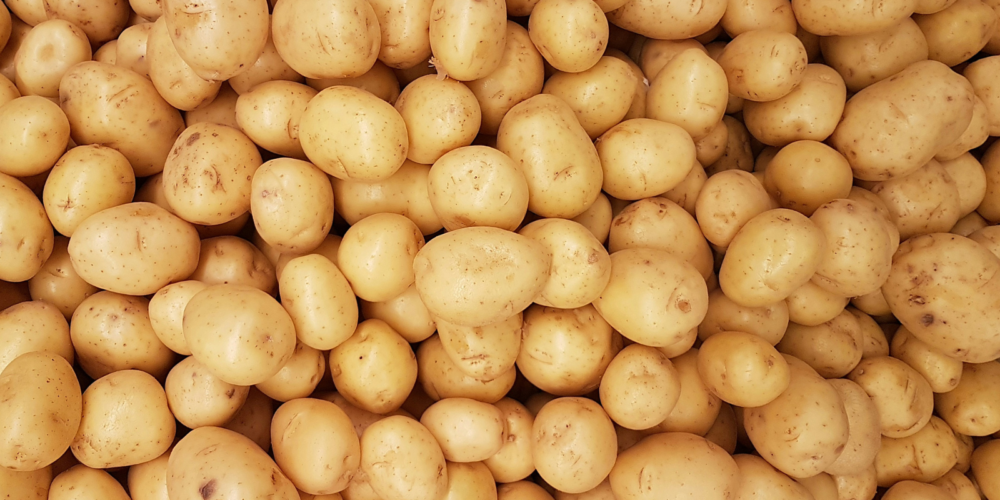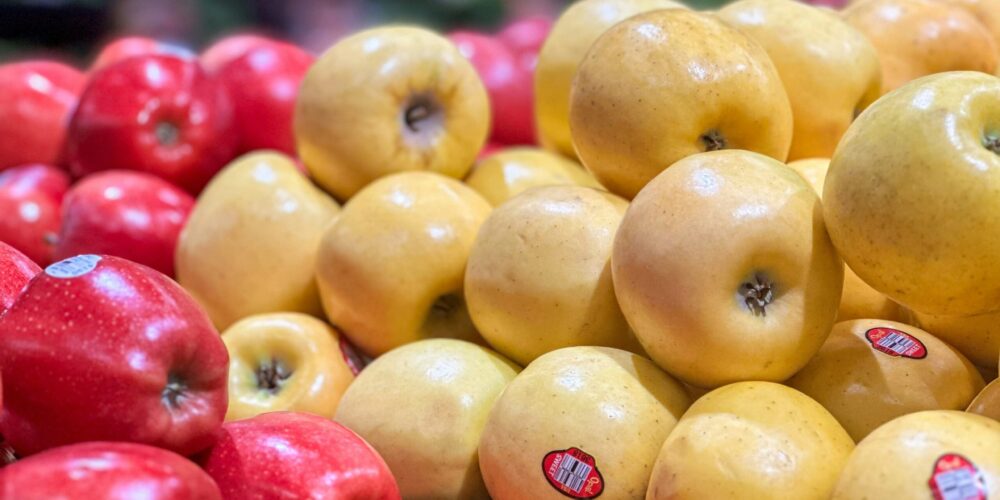Recent developments in Namibia have garnered attention, with several local articles…

West Africa’s Potato Potential: Primed for Growth with Investment and Market Access
West Africa’s potato production is on the verge of a major leap forward. The region is actively seeking to strengthen connections between farmers and markets, alongside attracting investment to fuel agricultural growth. Leading producers like Nigeria, Ghana, Ivory Coast, and Mali are all working to solidify their potato industries, aiming to satisfy the rising hunger for potatoes both domestically and abroad.
Current Production Landscape
Nigeria reigns supreme as West Africa’s potato king, churning out roughly 1 million metric tons annually, with most of the production happening in Plateau State. Ghana trails behind with about 100,000 metric tons, primarily from the Ashanti and Brong-Ahafo regions. While smaller players, Ivory Coast and Mali are also establishing themselves as noteworthy potato producers.
This sector provides a livelihood for a significant number of people. Just in Nigeria, over a quarter of a million farmers cultivate potatoes. Ghana boasts around 30,000 potato farmers, while Ivory Coast and Mali combined have an estimated 20,000 farmers dedicated to this crop.
Import/Export Dynamics
Despite substantial local production, many West African countries still rely on imports, especially for processed potato products like fries and chips, to meet their potato cravings. Nigeria and Ghana are major importers from Europe and other regions to bridge the gap. Exports, on the other hand, are relatively low but hold promise for future growth, with some activity mainly focused on neighboring countries.
Opportunities for Expansion and Growth
- Improved Varieties and Techniques: The introduction of high-yield, disease-resistant potato varieties could substantially boost production. Farmers adopting advanced agricultural techniques are likely to see increased productivity.
- Infrastructure Development: Enhancing storage, transportation, and processing infrastructure is crucial to reducing post-harvest losses and increasing the marketable yield. Investments in these areas are essential for the growth of the potato sector.
- Capacity Building: Training programs for farmers in best agricultural practices and business management can improve both productivity and profitability. Knowledge transfer and skill development are key to sustainable agricultural growth.
- Access to Finance: Providing affordable credit to smallholder farmers can empower them to invest in better inputs and technologies, leading to higher yields and improved livelihoods.
Importance of Organisations Like POFAN
Organisations like the Potato Farmers Association of Nigeria (POFAN) play a crucial role in the development of the potato sector. POFAN provides essential support to farmers through advocacy, training, and access to resources. By representing the interests of potato farmers at national and international levels, POFAN helps to secure favorable policies and investment opportunities. Their efforts in organizing farmers into cooperatives also enhance collective bargaining power, improve access to markets, and facilitate the adoption of best agricultural practices, ultimately contributing to the growth and sustainability of the potato industry in West Africa.
Strengthening Market Linkages
Connecting producers directly to buyers is essential for ensuring stable demand and fair prices. Here’s how it can be achieved:
- Market Matchmaking: Establishing strong connections between farmers, local markets, processors, and international buyers can create a stable market environment. Market Access Africa’s Value Chain Connect serves as the perfect platform for this
- Commodity Exchange Advantage: Leveraging agricultural commodity exchanges can provide farmers with better price discovery and market access
- Contract Farming Partnerships: Encouraging contract farming arrangements offers farmers guaranteed markets and better prices, while ensuring a steady supply of potatoes for buyers.
The Role of Government and Private Sector
Government support through favourable policies, subsidies, and incentives can significantly strengthen potato production and exports. Additionally, private sector investment in potato processing and value addition can create more demand for locally produced potatoes, boosting the entire value chain.
West Africa’s potato industry is brimming with potential for growth, with significant opportunities to increase production, improve farmer incomes, and tap into new markets. By focusing on infrastructure development, capacity building, and market linkages, the region can not only become self-sufficient in potato production but also explore export opportunities, contributing significantly to the agricultural economy and enhancing the lives of its farmers. Market Access Africa aims to connect buyers to these sellers. If you are a potato producer, or if you are an agro-processor looking to connect to with potato sellers, contact eventhost@agricouncil.org


